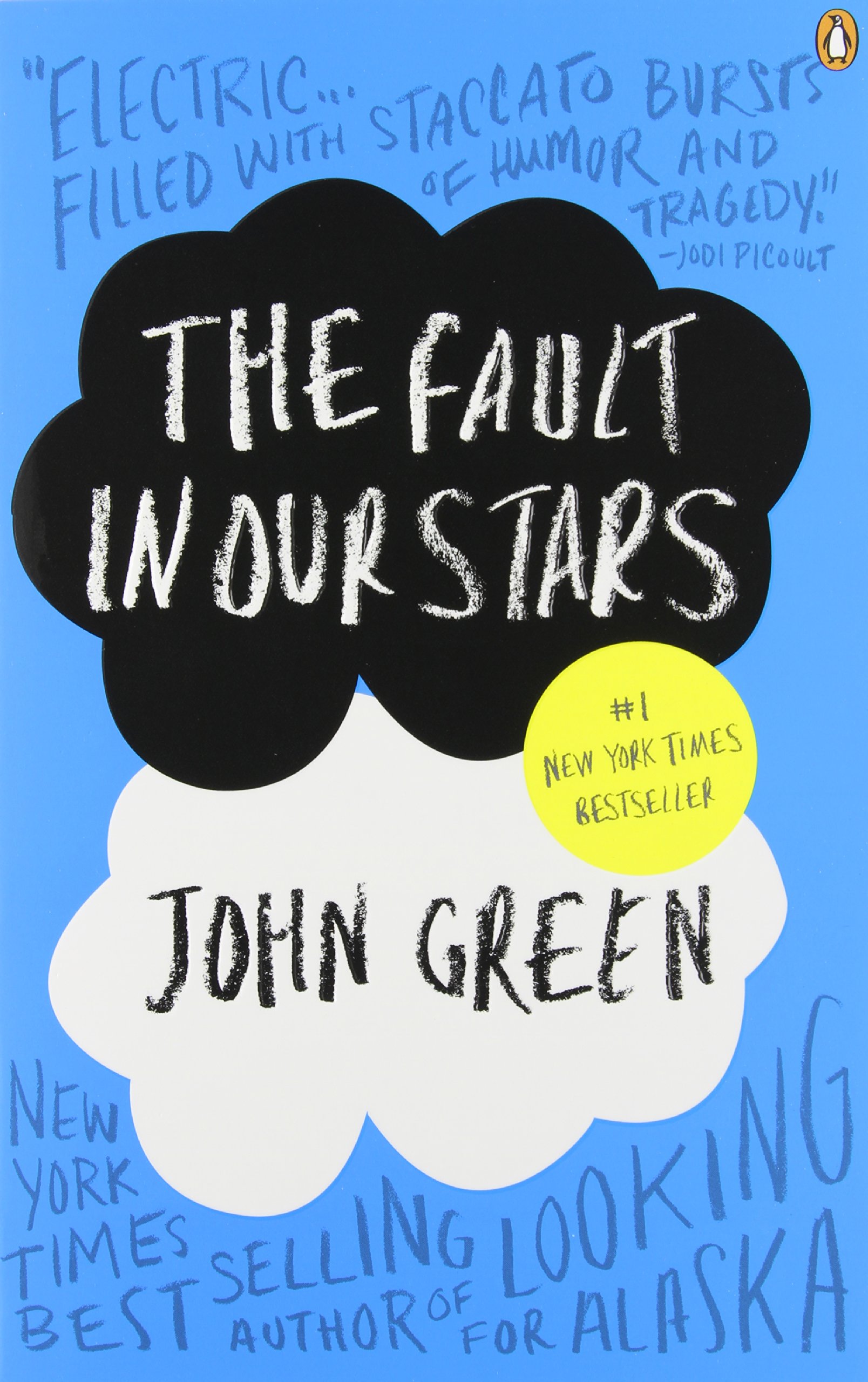In Reflection
Ideal Bookshelf 651: Coming of Age by Jane MountHere is a set of Young Adult books, the very best ones (IMHO) about becoming an adult, for better or worse. They are all intense, but none feel like a 1980's After School Special. They cover love, death, boredom, religion, insanity, and hope. They are life-changers!
I found that my experience writing Reads Like Teen Spirit has taught me a lot about the work that goes into curating a blog, as well as having strengthened my belief in the importance of young adult fiction. Writing a weekly blog with detailed entries is a surprisingly large undertaking. I had underestimated the amount of work that goes into writing each post in order to keep the blog updated. When you combine the actual writing of the post with all of the reading and research that has to be completed prior, it really adds up to a lot of time and work. In spite of this I believe that I managed to stick pretty closely to my original timeline and statement of intention. Disregarding a lapse in week seven, I was able to write an analytical entry for each week from week three until week ten. Even though I missed a post in week seven I managed to complete six entries, just as I had outlined in my statement. I found that the benefits of spacing out each entry and doing my best to write at least one a week, were that I was able to balance the writing and research components of my project. Additionally I was able to allow myself time to thoroughly research similar projects prior to my commencing my own project, and to reflect upon my progress towards the end of semester.
I feel that my project has enhanced my writing ability. It has also tested my time management skills, though ultimately I feel that I have improved in this area. The further along I got in my project the easier I found writing each entry. I began to find a sort of flow and rhythm and discovered my own writing style, which made sitting down to complete each piece a lot easier and then, in turn, improved my time management.
With this in mind, I still feel that my skills could use some polishing in regards to my analysis. Even though my posts improved towards the end of my blog (particularly in my entries The Fault in Our Schools and Maybe the New Me Will Be Different), I felt that there were a couple of entries I hadn’t done justice. For example, in Reading is One Form of Escape, Running For Your Life is Another I feel that I didn’t quite manage to cover A Series of Unfortunate Events to the best of my ability. I didn’t implement the entirety of my knowledge about the series and feel that there were more relevant observations I could have made. I think that this may have been due to the amount of time I allowed for this entry. As it was such a large series to analyse, in an ideal world I think I would have liked to take an extra week to really polish the entry and ensure that it was coherent and useful in the discourse on young adult fiction. Of course, in the real world if my deadline were that I was to have a post every week this wouldn’t be a solution. The only solution I could see would be to either reconsider writing on the entire series, and maybe just stick to one book, or to work harder to ensure that I had the time to really do the series justice in the week I’d allocated. I think the latter would be preferable.
I think that media work is terribly unique in that it has the ability to reach a variety of audiences, and use modern language and imagery to share peoples thoughts and values. For example, the aim with my blog is that my readership had the potential to consist of people of a variety of ages, in a variety of locations around the world. I believe that my content is something applicable to many people, and so by using language that was inclusive of everyone and the implementation of a media format that allowed me to extend my content to everyone I have the ability to reach members of my target audience all over the world. Furthermore, the sort of content I’m writing about would ordinarily be presented in a very different sort of medium. An academic text, for example. However, the people who are liable to pick up such a text are not inclusive of everyone who might be interested in the topic. I was glad I was able to implement my work in blog format in order to make my my content more approachable.
My experience writing Reads Like Teen Spirit has encouraged me to pursue academic study, with particular regard to the education of young people. The project has allowed me to expand and improve upon my writing, analytical and time management skills and these are all things that I believe to be important in my future studies. Though I do not plan to continue the blog, I do plan to use the skills I’ve gained and the experiences I’ve had in the future. I believe my time working on this project will be one of the stepping stones to making me a better educator.











0 comments: